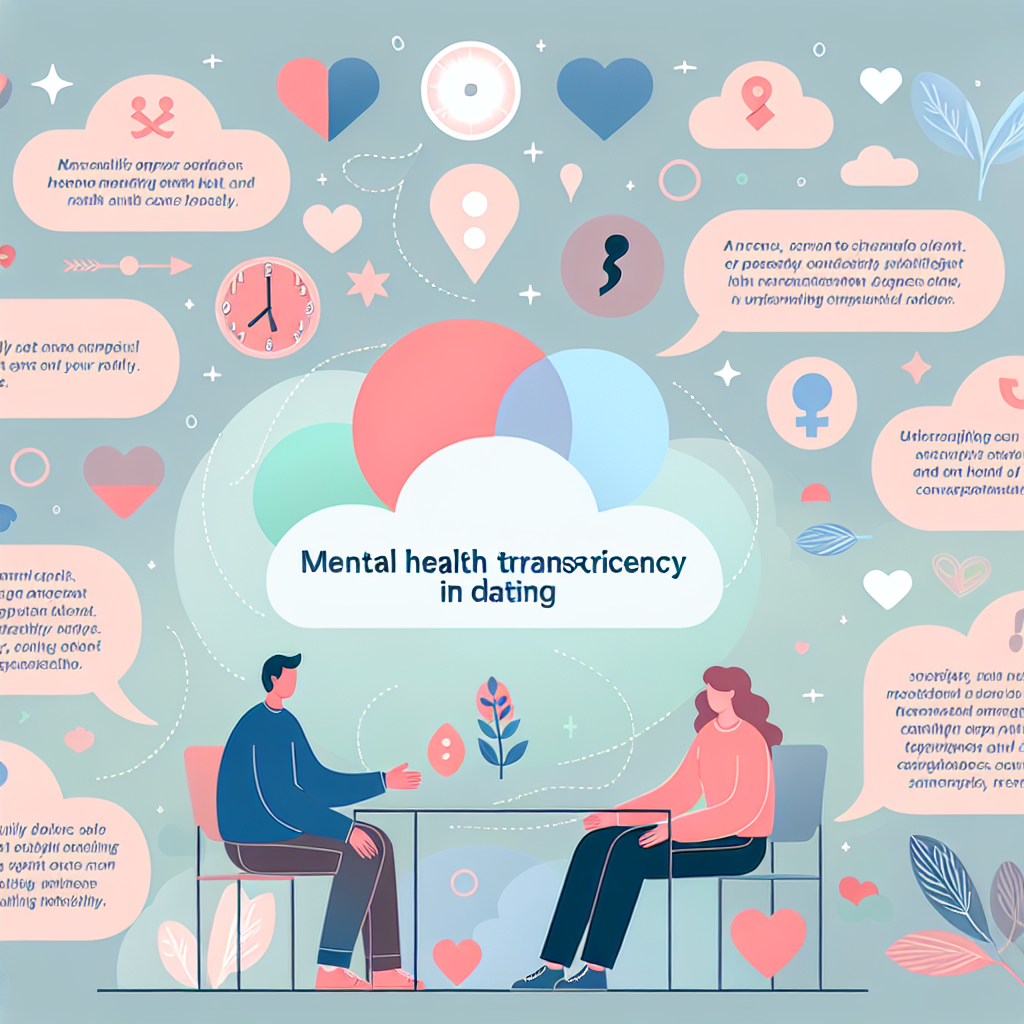Mental Health Transparency in Dating: Why Honesty is Key to Building Stronger Relationships
Navigating dating involves revealing personal layers, and mental health transparency has become a crucial aspect. Openly communicating challenges or conditions like anxiety, depression, ADHD, bipolar disorder, PTSD, and more can foster trust, communication, and emotional intimacy. Research shows that early disclosure of mental health leads to better outcomes, as it signals courage and self-awareness. By embracing vulnerability, singles can cultivate empathy and deeper connections. Mental health transparency can even act as a compatibility filter in the digital dating world.
The Role of Mental Health Transparency in Deeper Emotional Connections
According to the American Psychological Association, mental health plays a crucial role in relationship satisfaction. Couples who communicate openly about mental health report higher levels of trust and intimacy.
Early Communication Yields Better Outcomes: What Research Says
A NAMI survey found that 64% of people who disclosed mental health challenges early in dating reported better outcomes in building trust and understanding.
Vulnerability Is a Strength, Not a Weakness
A study by Dr. Samantha Joel revealed that meaningful self-disclosure, particularly on mental health, can lead to greater empathy and emotional intimacy.
Mental Health Advocacy as a Game-Changer in Online Dating
A 2021 study found that profiles or conversations incorporating mental health advocacy tend to attract potential matches who value emotional intelligence and personal growth.
Summary:
Mental health transparency in dating is essential for building authentic, emotionally intelligent relationships. By embracing vulnerability and openly discussing mental health challenges, singles can dismantle stigma, foster intimacy, and lay the groundwork for partnerships rooted in trust and understanding.

Dominic E. is a passionate filmmaker navigating the exciting intersection of art and science. By day, he delves into the complexities of the human body as a full-time medical writer, meticulously translating intricate medical concepts into accessible and engaging narratives. By night, he explores the boundless realm of cinematic storytelling, crafting narratives that evoke emotion and challenge perspectives. Film Student and Full-time Medical Writer for ContentVendor.com




